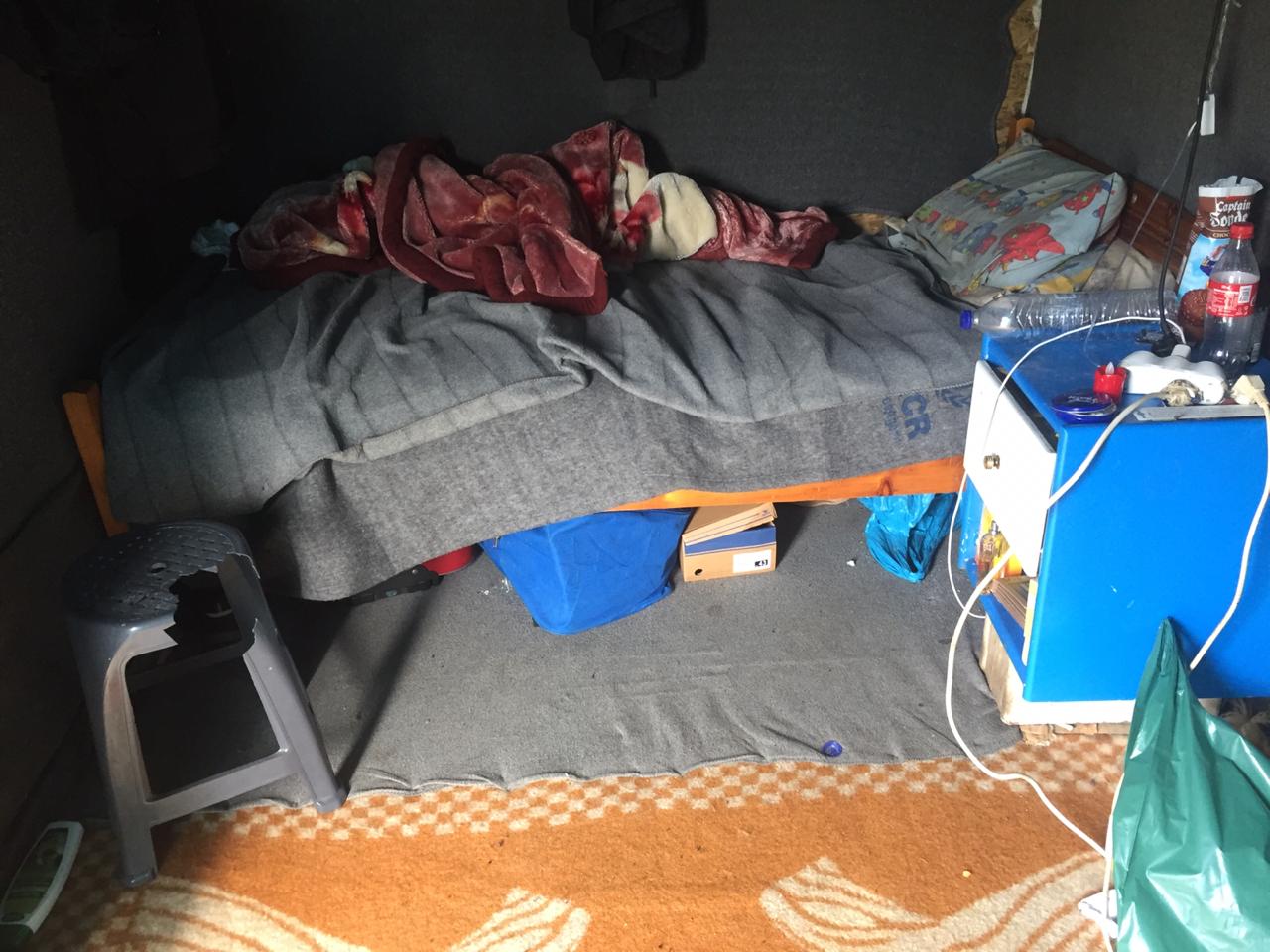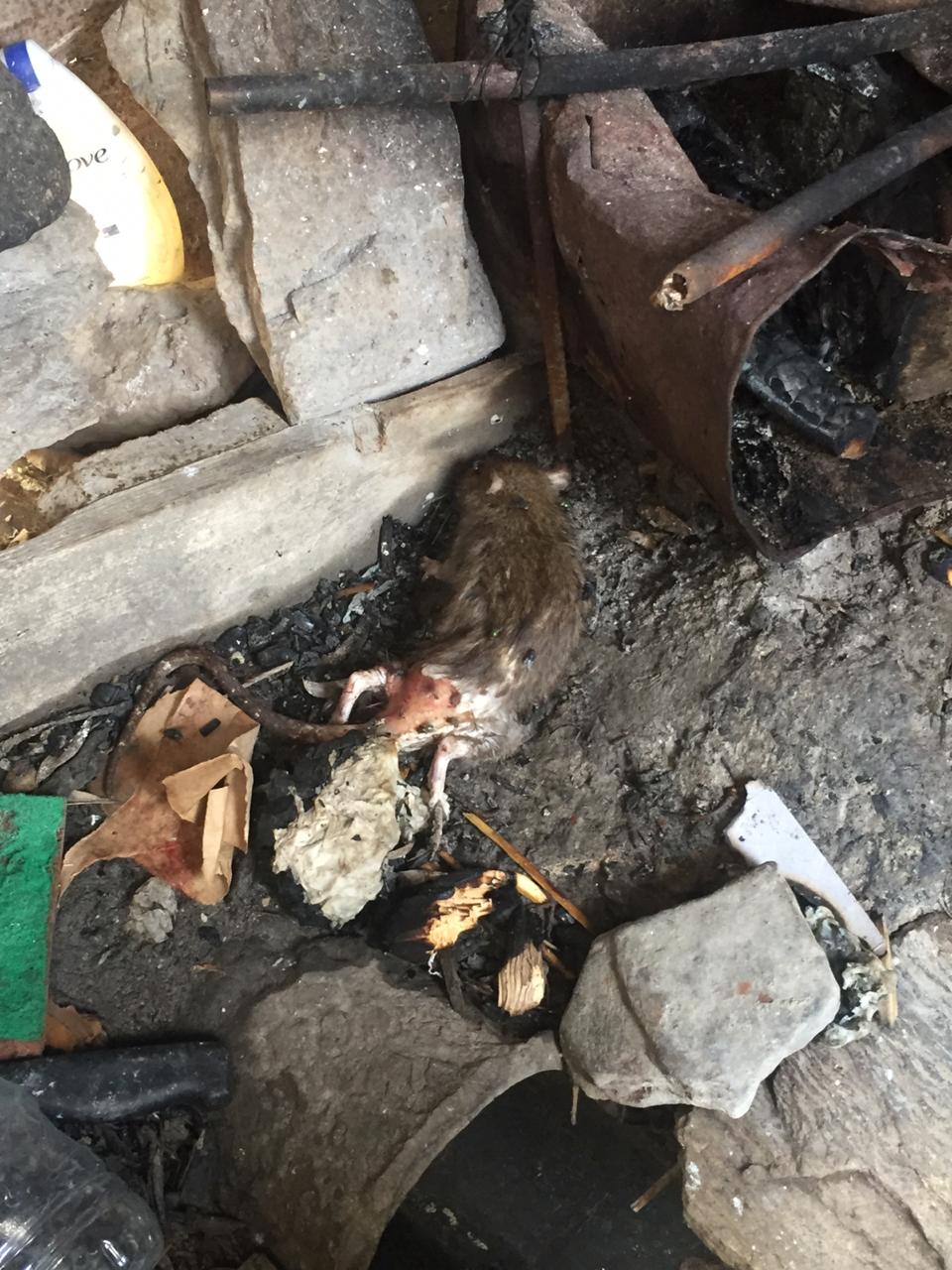‘I’m scared and alone’: Young asylum seeker stranded in Greece blocked from joining brothers in UK
Exclusive: Vulnerable torture victim sobs as he describes bullying and abuse he faces living alone in a tent on fringes of Samos refugee camp as Home Office blocks him from reuniting with brothers in London

Your support helps us to tell the story
From reproductive rights to climate change to Big Tech, The Independent is on the ground when the story is developing. Whether it's investigating the financials of Elon Musk's pro-Trump PAC or producing our latest documentary, 'The A Word', which shines a light on the American women fighting for reproductive rights, we know how important it is to parse out the facts from the messaging.
At such a critical moment in US history, we need reporters on the ground. Your donation allows us to keep sending journalists to speak to both sides of the story.
The Independent is trusted by Americans across the entire political spectrum. And unlike many other quality news outlets, we choose not to lock Americans out of our reporting and analysis with paywalls. We believe quality journalism should be available to everyone, paid for by those who can afford it.
Your support makes all the difference.“I’m really scared,” Samir* stutters as he describes living alone on the outskirts of a refugee camp in Samos, Greece. He is speaking into his smartphone – his one source of comfort – from the solitary tent in the forest that he has called home for over a year.
A minute into the call he starts sobbing almost uncontrollably as he stammers: “I’m not safe here. Whenever I leave the tent I’m scared. I feel I might die before I see my brothers.”
Samir, who suffers from a speech impediment which worsens when he becomes upset or frightened, has been living on the fringes of the Vathy Reception and Identification Centre camp on the island of Samos since December 2019. He fled to Europe after fleeing detention and torture in his home country, which cannot be disclosed to protect his identity.
The youngster says he is 17 years old but the Greek authorities, based on a controversial dental assessment, assessed him to be 20. An appeal against his age assessment is ongoing, but in the meantime he is unable to access any safeguards and protections for unaccompanied minors on the island.
Due to overcrowding in the Vathy camp – which has capacity for 650 people but currently has a population of over 3,000 – Samir is sleeping in unsafe and unsanitary conditions in a tent by himself on its outskirts, which has become known as the “Jungle”, along with mainly older men.
The area is notorious for its violence and dangerous living conditions, and Samir is perpetually afraid to leave his tent – even to go to the toilet – due to bullying and abuse he faces from others, to the point where when he has to venture out he covers his head with a scarf in a bid to hide himself.
Samir has two brothers, aged 42 and 20, who fled torture in their country before him and now have refugee status in the UK.
He applied to join them under the EU’s family reunion process last year, but was refused by the Home Office in February 2021 on the basis that he has been registered as an adult in Greece and that there was “insufficient” evidence of a close relationship. UK lawyers are currently challenging the decision.
Britain ceased to have access to the EU’s family reunion route, known as the Dublin Regulation, from the end of last year as a result of Brexit. Samir still has the right to appeal his refusal, but if it is unsuccessful there is no other legal pathway for him to reach the UK from Greece.
During an emotionally charged phone interview with The Independent, speaking through an interpreter, Samir describes a life of terror in the unregulated fringes of the camp. There are no NGOs formally operating there and no proper washing facilities or healthcare.
Outbreaks of scabies and bed bugs are common, and rats regularly scurry between tents in search of food. Most frighteningly for Samir, he feels there is no one there to protect him from older people who seek to do him harm.
“Every time I leave the tent, people start throwing stones and rocks at me,” says Samir, referring to men he doesn’t know.
“Sometimes when I go to get food they stop me on the way back and they take my food. I think they target me because of how I speak.” He describes a recent incident where he was asked to hand over his phone and was stabbed when he refused. A photograph he later sends shows a bloodied gash on his arm.

Samir also reports facing sexual harassment, describing a recent incident whereby two older men in their forties or fifties attempted to sexually assault him. “I screamed and ran away,” he says through intermittent sobs, adding that this is not the first time he has faced such an attack.
The youngster no longer eats hot food available from some collection points because it was always stolen from him, so he now lives off beans and bread that he buys from the shop and stores in his tent, with money sent from his brother in the UK. But he says the bread is often eaten by rats before he can get to it.

Samir regularly speaks on the phone with his brother Asaad*, 42, whom he last saw in 2014 in their home country, before he fled. Asaad says he is growing increasingly concerned for Samir’s welfare.
“I keep reassuring him we will meet, trying to keep his spirits up, but things are getting really bad,” Asaad tells The Independent. “I’m thinking about him all the time, every second. I’m always worried about him. He is young, he is weak. He doesn’t have anyone with him and he is being bullied and sexually assaulted.”
The refugee, who was granted asylum by the Home Office in 2016 and now lives in north London with his wife and two young children, says Samir would be able to live with him. “I want him to live his life. He needs to study. If he stays in Greece all his dreams for the future will be ruined.”
Samir’s UK-based solicitor, Rachel Harger of Bindmans Solicitors, says she recently received a phone call from him at around 2am when he was in a state of “extreme distress”, experiencing what sounded like a panic attack, after the electricity was cut off.
Ms Harger made an application to the Home Office to urgently transfer him to the UK on Friday, citing a decline in his physical and mental health and a “substantially increased” risk of violent acts being committed against him.
Speaking to The Independent, the lawyer said Samir’s case was a “damning” example of why the Home Office’s plans, under its new immigration proposals, to only accept refugees who have used legal pathways to reach the UK “will not work”.
“He has now been separated from his family for almost 18 months, while engaging in a legal route for refugee children stranded in Europe, which was closed to further applicants on 31 December 2020,” she says.
“No person, but especially no child, should live in fear of violence and sexual harassment, which has been my client’s reality since he arrived on the Greek island of Samos.”
Gunes Kalkan, head of campaigns at Safe Passage International, points out that Samir is one of many youngsters “trapped alone and unprotected” in Greece’s refugee camps who have family in the UK, and says that while the family reunion process was “not perfect”, it is “devastating” that the UK government had not replaced it after Brexit.
“Now many of these children are kept apart from their families by the UK’s rules, which are deeply unfair. Without a safe route to join family and find protection in the UK, these children remain in limbo in the camps or must risk their lives embarking on dangerous journeys to try reach loved ones,” he adds.
A Home Office spokesperson said it could not comment on ongoing legal cases, but that as part of its immigration plans it had committed to reviewing the safe and legal routes to the UK, including family reunion for unaccompanied asylum-seeking children.
*Names have been changed to protect identity
Join our commenting forum
Join thought-provoking conversations, follow other Independent readers and see their replies
Comments